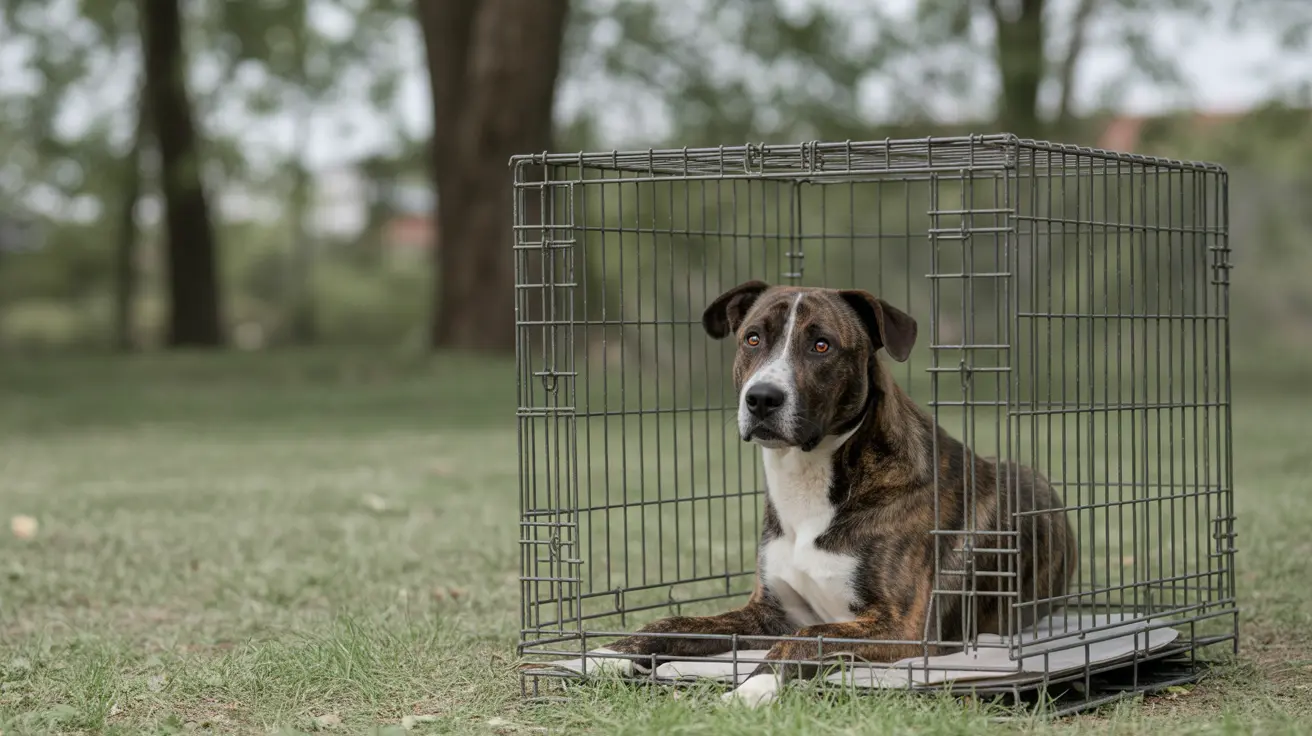A disturbing case of alleged animal neglect has emerged in Delaware, highlighting the critical importance of proper oversight in private animal rescue operations. A self-proclaimed animal protector is now facing numerous animal cruelty charges after authorities discovered dozens of dogs, cats, and small animals in concerning conditions at a home-based "rescue" facility.
The incident underscores the growing challenge of rescue hoarding and the vital role of Delaware animal cruelty laws in protecting vulnerable pets. This case serves as a stark reminder of why proper regulation and monitoring of private animal rescue operations are essential for ensuring animal welfare.
Understanding Rescue Hoarding Problems
The situation appears to represent a classic case of rescue hoarding, where individuals operating under the guise of animal protection actually create conditions that harm the very animals they claim to save. This problematic pattern has become increasingly recognized in the animal welfare community, with devastating consequences for the animals involved.
Signs of Animal Neglect
While specific details of the case are limited, the charges suggest the presence of multiple violations of basic animal care standards. Legitimate rescue operations must maintain proper living conditions, including:
- Adequate space for each animal
- Clean water and appropriate nutrition
- Proper ventilation and sanitation
- Regular veterinary care
- Safe and healthy living environments
Animal Welfare Standards Delaware
Delaware maintains strict requirements for animal care facilities, whether commercial or private. These standards exist to prevent exactly the type of situation discovered in this case. All rescue operations must comply with state regulations regarding:
- Regular health inspections
- Proper documentation of animals
- Adequate staffing and resources
- Maintaining appropriate facility conditions
Shelter Inspection Requirements
Licensed animal care facilities in Delaware undergo regular inspections to ensure compliance with state regulations. These inspections help identify potential issues before they escalate into cases of neglect or abuse.
Prosecuting Animal Cruelty Cases
The prosecution of animal cruelty cases in Delaware reflects the state's commitment to animal welfare. Cases like this demonstrate the enforcement of penalties for animal cruelty Delaware has established to deter and punish those who harm animals, whether through intent or negligence.
Frequently Asked Questions
What are the signs of animal cruelty or neglect at a private rescue facility?
Signs include poor sanitation, overcrowding, lack of clean water or food, visible injuries or illnesses, and inadequate shelter or ventilation. These conditions often trigger investigations and charges.
How does Delaware law define and penalize animal cruelty?
Delaware defines animal cruelty as intentional or reckless mistreatment or neglect, with offenses ranging from class A misdemeanors to class F felonies. Penalties include fines up to $5,000, forfeiture of animals, and bans on owning animals for up to 15 years.
How can the public report suspected animal cruelty or neglect in Delaware?
Residents may report concerns to the Delaware Office of Animal Welfare or local law enforcement, which investigate complaints and enforce animal welfare laws.
Protecting Our Animal Friends
This case serves as a crucial reminder for the public to remain vigilant and report suspected cases of animal neglect or abuse. While many private rescue operations provide valuable services to their communities, proper oversight and regulation are essential to prevent exploitation and ensure animal welfare.
Pet owners and potential adopters should always research and verify the legitimacy of rescue organizations before getting involved. By staying informed about animal welfare standards and reporting suspicious conditions, community members play a vital role in protecting vulnerable animals from neglect and abuse.






